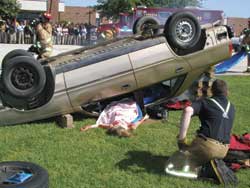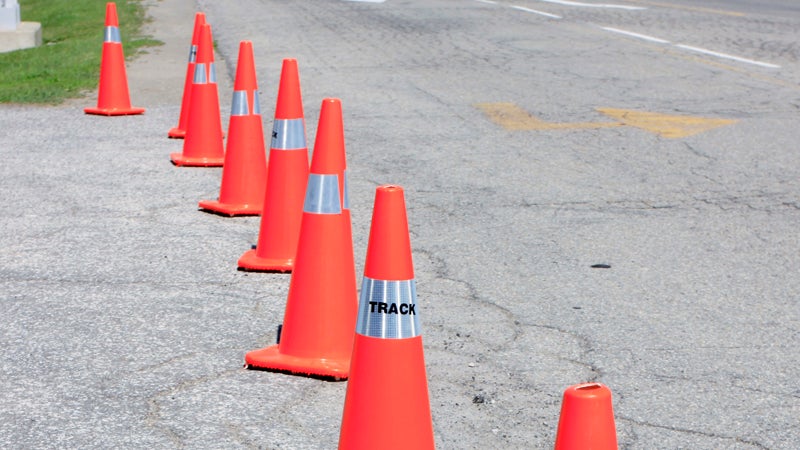Avoiding a parent’s nightmare
Published 12:00 am Monday, May 2, 2005
How to head off a prom night tragedy
Nashville – In this country, cars kill more teens than cancer, gang violence, suicide or drugs and alcohol combined.
Additionally, teens are involved in car crashes four times as often as other age groups combined.
Prom. Graduation. These are both times of high risk for our teenagers. Curfews are broken; seatbelts forgotten; the number passengers in a car can be doubled or tripled; and unfortunately, alcohol and other substances are often consumed.
“Unfortunately, car crashes remain the leading cause of death among teenagers,” said Ron Corbin field vice president for the Southern Region of Allstate Insurance Co. “Obviously we want teenagers to enjoy these special occasions, but we must take measures to ensure their safety and well being. While not all teenagers engage in high risk behavior on the roads, sadly, statistics indicate, that some teens do.”
New drivers lack the experience, judgment and maturity required to master the full range of driving situations. The risk for teens is heightened during celebrations such as prom and graduation.
Distractions like boisterous passengers, music, food, drink and nighttime visibility can avert a driver’s attention from the road.
There are measures that can be taken to ensure your son or daughter will make it safely to and from the party.
First, Allstate recommends a plan for alternate transportation.
Arrange for a cab or limousine. Join with other parents to provide an evening of transportation for the teens in your community.
If your teen must drive or ride with another young driver, set some the following ground rules:
€ Prohibit driving under the influence. Underage drinking and driving breaks laws. In addition to legal repercussions, make it clear that if your teen does drink or use drugs and drive, you will revoke all driving privileges.
€ Limit number of passengers. More passengers create more potential distractions for the driver.
€ Reduce distractions. Agree there will no eating, drinking or use of the cell phone while driving.
€ Buckle Up. Teens ignore safety belts more than other groups of drivers and passengers.
Safety belts should not be optional.
€ Check the condition of the car. Make certain that your teen is driving a car that is in good condition and that it is a vehicle he/she has driven before.
€ Create an SOS. Establish a contact for your teen to call should he/she feel at any time that he/she should not be driving or riding with another young driver.
This should also include an agreement that the teen should feel ‘safe’ to call the parent with out fear of any immediate repercussions or discussions; although conversations could occur the following day once cooler heads prevail.
“Parents should take the time to have a conversation with your son or daughter about making smart decisions when driving a car and when they are a passenger in a car,” said Corbin. “It could be one of the most important discussions you ever have.”





